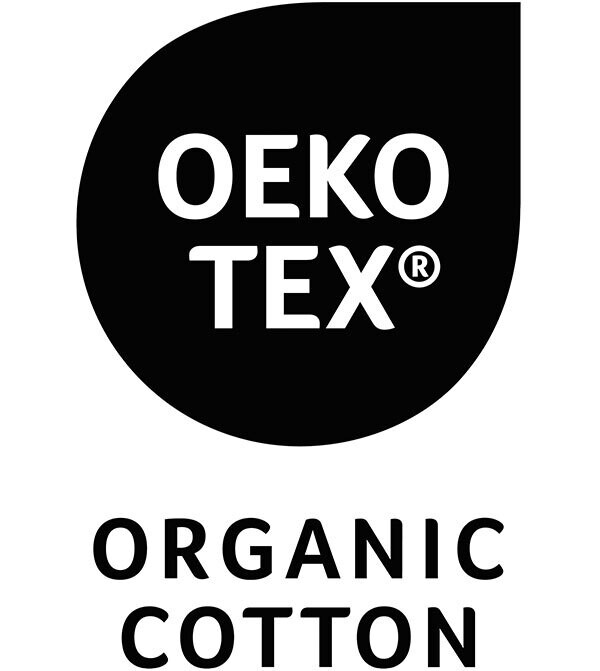
What is OEKO-TEX® ORGANIC COTTON
OEKO-TEX® ORGANIC COTTON is a certification intended for any textile article made of at least 70% organic cotton. It provides: - Supply chain traceability from farm to product - A qualitative or quantitative statement (<10%) on the presence of genetically modified cotton (GMO) - Testing for harmful substances, including pesticides
What are the advantages of OEKO-TEX® ORGANIC COTTON?
- Increased product safety for consumers
- Tracking of material use from input to output
- Greater customer confidence
- Increase in your company’s credibility
- Testing by independent institutes
- Stricter limits than most international standards
- Science-based criteria catalogue updated annually
- Standard label worldwide
- Regular quality assurance
The OEKO-TEX® buying guide is OEKO-TEX®'s globally accessible and highly frequented online platform that supports you in the selection of reliable cooperation partners and in the sourcing of suitable raw materials. The label check on the OEKO-TEX® website offers end consumers the chance to find your OEKO-TEX® labelled products and the validity of the certificate can be checked by entering the certificate number.
Who is OEKO-TEX® ORGANIC COTTON suitable for?
You can have all your textile products from all the processing stages certified with the OEKO-TEX® ORGANIC COTTON label. The certification is suitable for the following:
- Brands
- Retailers
- Ginners
- Manufacturers of raw materials (yarns, fibres)
- Manufacturers of semi-finished products (woven and knitted fabrics)
- Manufacturers of finished products (T-Shirts, trousers, jackets,semi-finished products, curtains, upholstery)
- Manufacturers of textile accessory materials
What are the requirements of OEKO-TEX® ORGANIC COTTON certification?
- 100% organic cotton content
- GMO tests – fibres: GMO < 10%
- Transparency through transaction certificate
- Fulfil limit values for harmful substances including pesticide tests
- Min. 70% organic cotton content, remaining percentage consisting of other fibres (excluding conventional cotton)
- GMO tests – fibres: GMO < 10%
- Transparency through transaction certificate
- Fulfil limit values for harmful substances including pesticide tests
Start of the OEKO-TEX® ORGANIC COTTON value chain is the ginning facility which must provide certification of fibres (from the farm) according to IFOAM family of Standard.
Less than 70% Organic: In this case it is possible to obtain the OEKO-TEX® STANDARD 100 certificate & label









